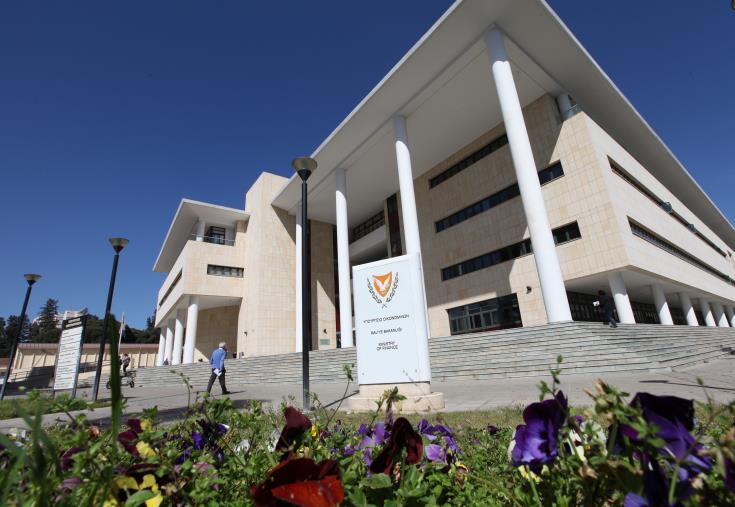There was good economic news to report this week. Unemployment fell to the lowest level since June 2009. In July this year, according to Eurostat, it stood at 5.2 per cent compared to 7.9 per cent in same month in 2020, and well below the euro area average of 7.6 per cent.
It was the biggest annual drop in unemployment among EU member-states, said finance minister Constantinos Petrides in an announcement, saying that the number of unemployed fell by 34.3 per cent, from 35,000 to 23,000. Petrides said these figures “demonstrate the success of the government’s policies, especially when considering the economic crisis caused by the pandemic.”
This was not the only good news. The labour ministry informed us that household income had increased by 14.7 per cent in the 2015-2020 period, during which the risk of poverty and social exclusion fell from 28.9 per cent to 21.3 per cent, its lowest level since 2007. The country was on the road to recovery and improved socioeconomic conditions for all citizens, said the labour ministry, echoing the message of finance.
The fall in unemployment could not have come as a surprise, considering that businesses and especially hotels have been complaining about acute labour shortages. The matter was brought up at a recent meeting of the labour ministry, unions and employers’ organisations a few weeks ago and is set to be discussed properly when they meet this month.
Covid played a big part in creating these shortages as tens of thousands of EU nationals who worked here returned to their countries, during the period of lockdowns and restrictive measures that reduced their incomes and caused job uncertainty. They could not stay around, not knowing when they would return to work and if there would be a job after the lockdowns and travel restrictions.
It appears, however, that we are on the path to recovery and, more importantly, economic stability which should gradually bring back workers from EU countries. More than 70 per cent of the Cyprus population is now fully vaccinated, ruling out more lockdowns, people are travelling again, with most hotels open and having done good business in August, while air passenger traffic is recovering according to Hermes Airports.
“Despite the difficulties we had to face, a total of 50 airlines transited through airports, compared to 70 in 2019,” said Hermes Airports, adding that “most of them will continue to fly to and from the island during the winter months.” The number of passengers going through the two airports this August was almost triple the number of August last year, a number close to 60 per cent of the month in 2019 which was a boom year.
The signs are good for the economy, although there was also a negative indicator released in the last week. Cystat reported on Thursday that inflation was up by 5 per cent and the consumer price index (CPI) increased by 1.5 per cent in first eight months of the year, compared to the same period in 2020. Upward pressure on prices will continue, but it is a consequence of more economic activity, low unemployment and increasing demand which are good signs.
Exogenous factors have also played their part in increasing prices. The world oil price has been on the rise, which meant electricity rates in August were 39.8 per cent up on August 2020, petroleum products 21.4 per cent, transport 10.8 per cent and food and non-alcoholic drinks, affected by higher costs in the supply chain, 8.2 per cent.
Predictably, Akel, displaying blindness to the positive indicators, complained that “the cost of living increased significantly, but the government is hiding, shifting responsibility elsewhere.” A spokesman said the government “has an obligation to give answers as to the actions it has to take urgently to support middle- and low-income groups from the increases in electricity, fuel and other necessities.” It said society was “paying for the government’s astonishing incompetence.”
The party is still refusing to come to terms with the fact that Cyprus has a market economy in which the forces of supply and demand determine prices. It is not the government’s responsibility to offer support to people when prices go up as Akel seems to suggest. On the contrary, Akel should be overjoyed that unemployment is at its lowest level since 2009 as it means there will be upward pressure on wages, (thus addressing its complaining about low wages) with the economy firmly on the recovery path.
We may have to live with some inflation for a while, but it is a price most governments are prepared to pay as part of the economic recovery. Inflation will also help states repay the huge debts they have taken on to help their economy get through the pandemic. Despite Akel’s dogmatic negativity things are looking up for the Cyprus economy after a difficult 18 months.







Click here to change your cookie preferences